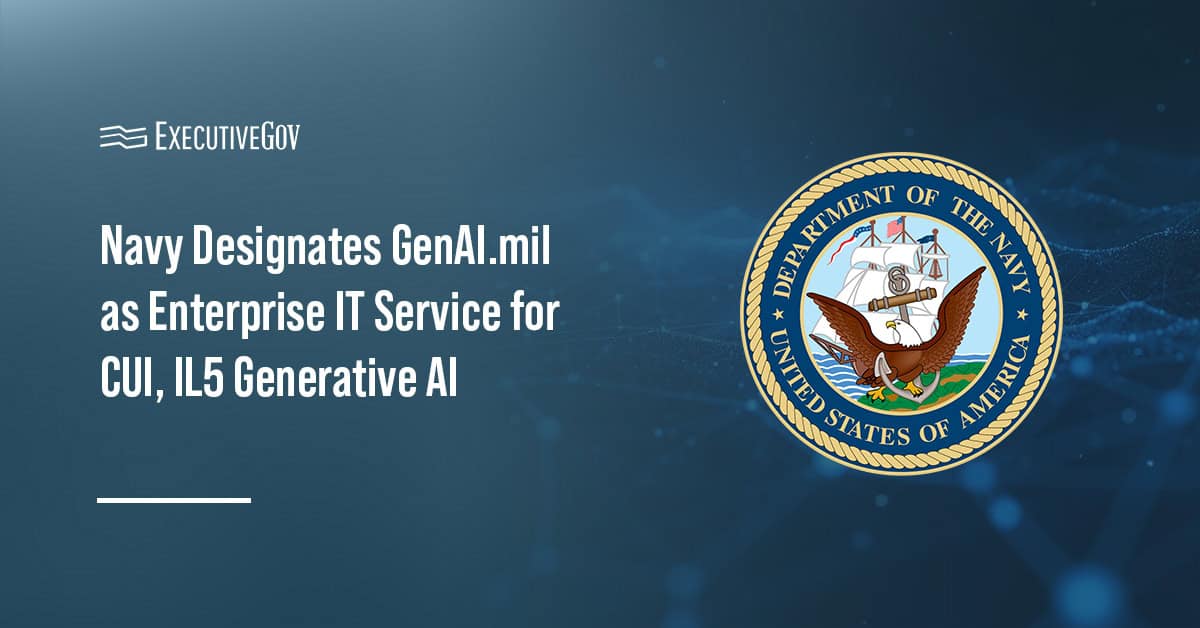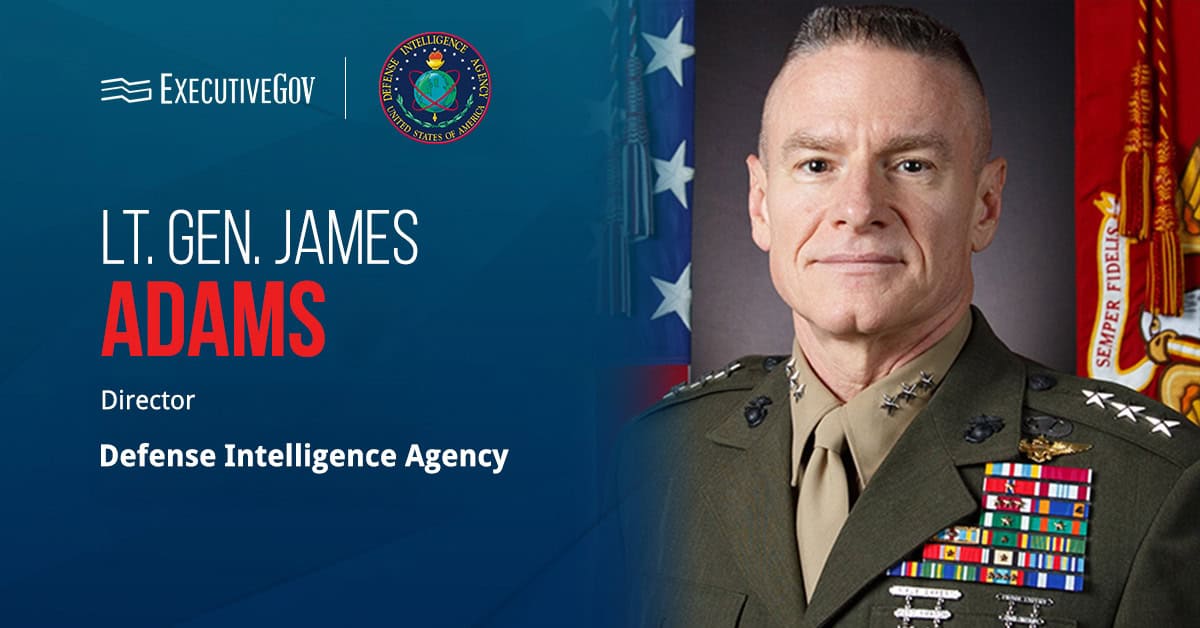
Sen. Marco Rubio, R-Fla., has requested Vice President Mike Pence to order the use of U.S.-made rockets for government payload launches. Rubio’s office said Monday that his request acknowledges the U.S. industrial base’s capacity to launch government payloads and elliminate the need for foreign vehicles.
The senator referenced the National Space Transportation Policy that tasks the Department of Defense and NASA to use U.S.-made vehicles for achieving space access.
“The National Space Transportation Policy further stipulates that United States Government agencies must purchase domestic launch services for government-owned satellites, unless granted a waiver by the National Security Advisor and the Assistant to the President for Science and Technology and Director of the Office of Science and Technology Policy,” Rubio wrote in a letter to Pence.





